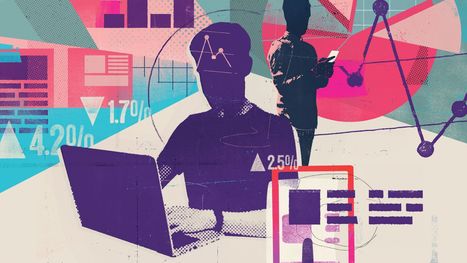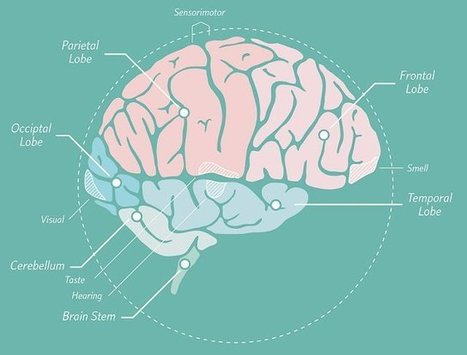Researchers studied students’ brains as they learned and took another look at the marshmallow test, learning styles, and growth mindset.
Education research continues to remind us of the powerful impact teachers have on children. This impact is overwhelmingly positive—the studies we highlight here demonstrate specific ways in which teachers can or already do help students feel a sense of belonging in school and make gains in learning.
There are areas for improvement, though: Researchers have shown that different rates of suspensions and expulsions for black and white boys have more to do with adult perceptions of those kids than with their behaviors.
Via Elizabeth E Charles



 Your new post is loading...
Your new post is loading...













